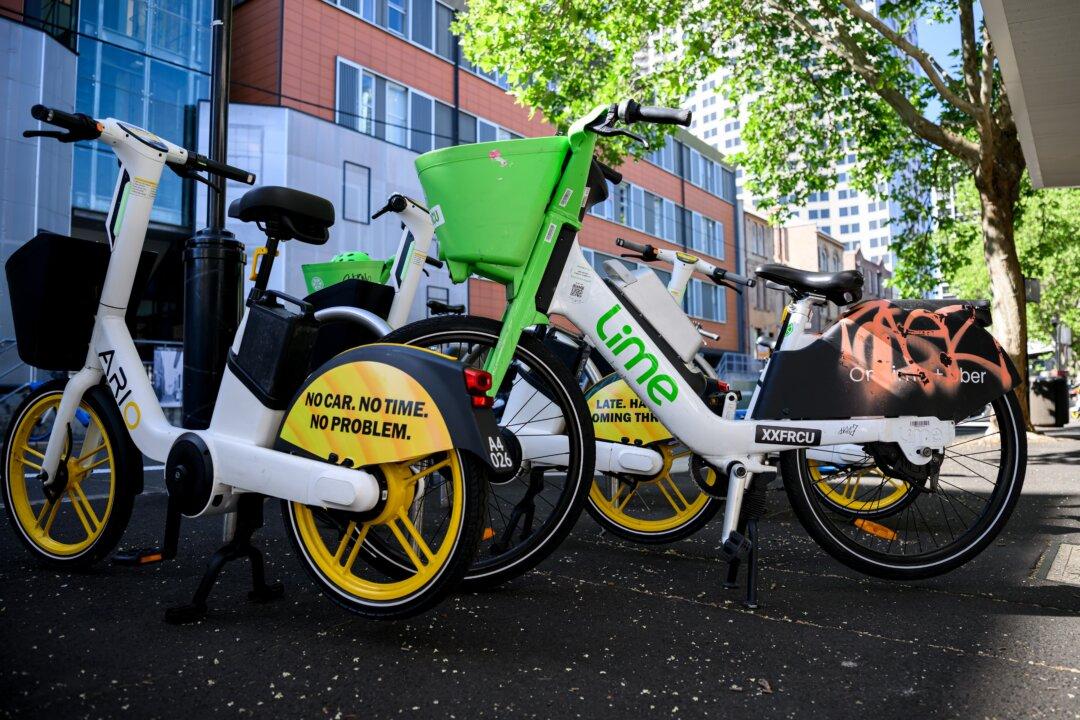Australia’s supply of critical minerals to India will be a key aspect of realising the “enormous” potential of the trade relationship between the two nations.

Australian Federal Resources Minister Madeleine King addresses the media alongside Prime Minister Anthony Albanese in Kwinana, Australia, on March 4, 2021. Paul Kane/Getty Images
|Updated:




